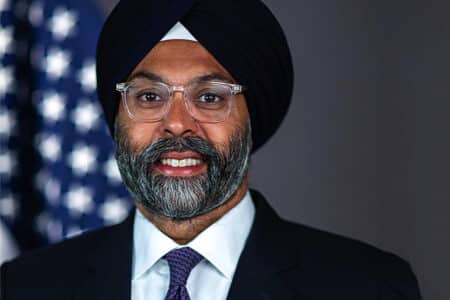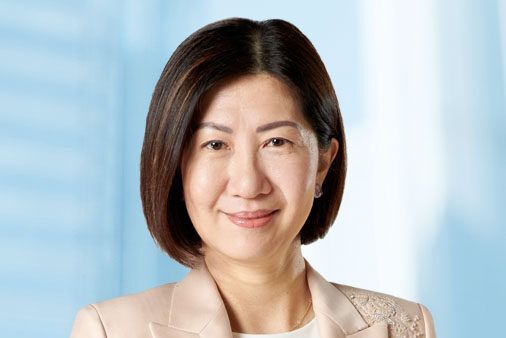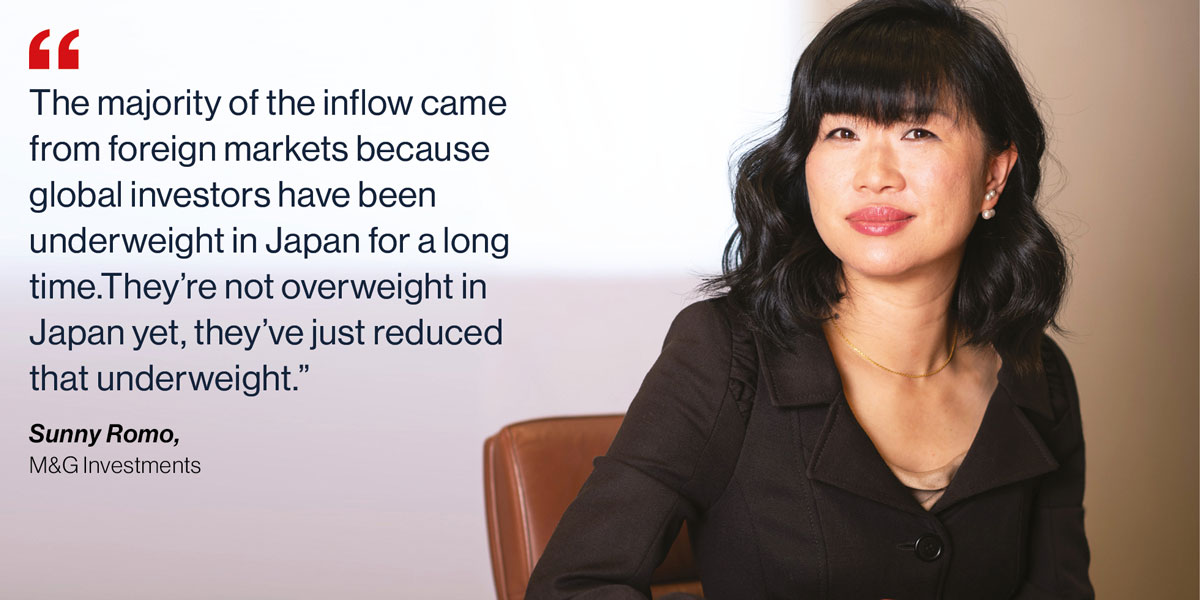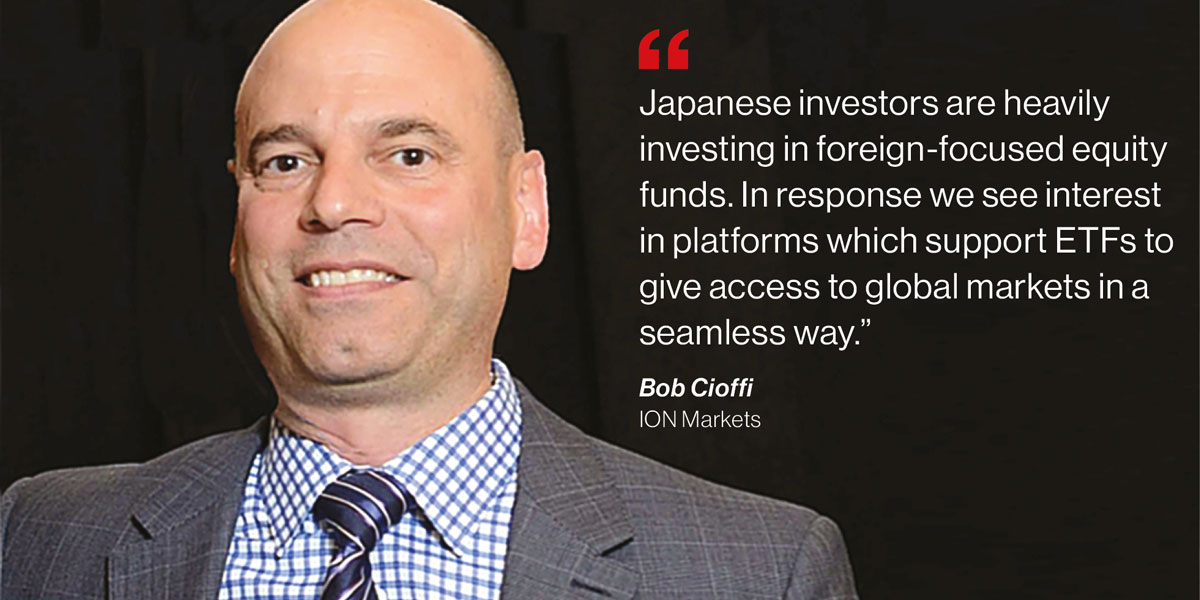In this instalment of our regulatory round-up, a number of US firms receive recordkeeping and communications fines from the SEC and CFTC. In Europe, there are new harmonisation rules from the European Central Bank to help pave the way for the long-mooted Capital Markets Union. And in APAC, Taiwan and the Philippines enhance capital markets collaboration.
- Bank of England, FCA close partnership ‘working effectively’
- ESMA adds CDSC to list of recognised third-country central counterparties
- New ECB harmonisation rules push for capital markets union
- FCA fines PwC £15m over failure to report suspected fraud at LCF
- Firms hit with CFTC, SEC recordkeeping and communication failure fines
- CFTC commissioner: no evidence of CFTC violation in recordkeeping case
- SEC proposes joint data standards
- Taiwan and Philippines enhance capital market collaboration
- ICMA publishes GMRA digital assets annex
EMEA
Bank of England, FCA close partnership ‘working effectively’
The Bank of England and the Financial Conduct Authority will continue to work closely together, the bodies said, particularly when it comes to overseeing financial market infrastructure (FMI).
In a joint statement the pair said their Memorandum of Understanding (MoU) has proved effective in reducing duplicate regulatory oversight and will be reviewed annually. Feedback from FMIs suggested that the current state of play is “working effectively”.
The Bank and FCA held a consultation with FMIs: Central Counterparties (CCPs), Recognised Investment Exchanges (RIEs) and Recognised Central Securities Depositories (RCSDs) based on these firms’ interaction in 2023.
ESMA adds CDSC to list of recognised third-country central counterparties
The European Securities and Markets Authority (ESMA) has signed a memorandum of understanding (MoU) with the British Columbia Securities Commission, recognising CDS Clearing and Depositary Services (CDSC) as a Tier 1 third-party central counterparty.
Under EMIR, the authority has 26 cooperation arrangements with non-EU supervisory authorities in place. This allows for cooperation between ESMA and authorities with equivalent legal and supervisory CCP frameworks to EMIR.
This latest MoU established cooperation arrangements between CCPs established in Canada, authorised by the British Columbia Securities Commission and which have applied for EU recognition under EMIR. EMSA already has MoUs in place with the Ontario Securities Committee and the Autorité des Marchés Financiers of Québec.
New ECB harmonisation rules push for capital markets union
The European Central Bank (ECB) has published harmonised rules and arrangements for the mobilisation and management of collateral in Eurosystem credit operations in its recently published guideline (ECB/2024/22).
Through the new rules, the organisation aims to encourage financial integration in the euro area and act as a step towards the capital markets union. Amendments to the General Documentation have been made to accommodate the guideline.
FCA fines PwC £15m over failure to report suspected fraud at LCF
The Financial Conduct Authority (FCA) has fined Big Four consultancy PricewaterhouseCoopers (PwC) for failing to report to the regulator their belief that London Capital & Finance (LCF) might be involved in fraudulent activity, which the FCA said potentially deprived it of useful information. This is the first time the FCA has fined an audit firm.
The regulator alleged PwC encountered significant issues throughout their 2016 audit of LCF. LCF went into administration in January 2019 after the FCA ordered the firm to withdraw misleading promotional material for the sale of mini-bonds, which saw thousands of investors misled over the risks of the product.
Americas
Firms hit with CFTC, SEC recordkeeping and communication failure fines
More than two dozen firms have been hit with fines by US regulators the Securities and Exchange Commission (SEC) and the Commodity Futures Trading Commission (CFTC) over recordkeeping and communications violations.

Truist, TD Bank and Cowen received penalties from both regulators.
Twenty six broker-dealers, investment advisers, and dually-registered broker-dealers and investment advisers were fined a combined US$392.75 million by the SEC over widespread recordkeeping violations under the Securities Exchange Act, the Investment Advisers Act, or both.
The SEC uncovered “pervasive and longstanding” use of off-channel communications by the firms’ personnel which precluded their ability to preserve and maintain records of these communications.
A number self-reported their violations (Truist, Cetera Advisor Networks, Hilltop Securities) and therefore received a reduced penalty.
Among the 26 firms targeted by the SEC are RBC Capital Markets (US$45m), BNY Mellon Securities (US$40m), TD Securities (US$30m), and Cowen (US$16.5m).
There was a 31% increase in the value of fines issued in H1 2024 compared to H1 2023, with the Asia-Pacific region (APAC) seeing the steepest rise in penalties, totalling more than US$46 million – a 266% increase compared to H1 2023.
The findings come from Fenergo, which said the rise in the value of fines reflects a global regulatory crackdown and technology advancements, which enhance the accuracy of detecting illicit activity.
CFTC commissioner: no evidence of CFTC violation in recordkeeping case
Commodity Futures Trading Commission (CFTC) commissioner Caroline Pham has claimed the regulator has “piggybacked” on a Securities and Exchange Commission (SEC) enforcement action in order to obtain a US$3 million settlement.

Referring to the CFTC case against TD Bank and Cowen, commissioner Pham has dissented, pointing to the fact that no CFTC registered associate person — an individual who solicits orders, customers or customer funds on behalf of an introducing broker (IB) — has violated CFTC recordkeeping requirements. Pham noted that the CFTC only reviewed evidence provided to the SEC and suggested that such enforcement could limit market access.
“I am unable to support an enforcement action that does not have any evidence that the alleged violations actually occurred. Therefore, I must dissent,” Pham wrote. “This case appears to be the CFTC’s piggybacking off the SEC’s investigation to misuse the power of the US government to obtain a $3 million settlement — all without any evidence of a CFTC violation.”
SEC proposes joint data standards
The US Securities and Exchange Commission (SEC) has proposed joint data standards that would establish technical standards for data submitted to certain financial regulatory agencies.
The proposed joint standards would promote interoperability of financial regulatory data across the agencies by establishing common identifiers for entities, geographic locations, dates, and certain products and currencies.

SEC chair Gary Gensler said: “This proposal will make financial data more accessible, uniform, and useful to the public. Consistent data standards will make it easier for financial institutions to file reports across multiple agencies. They also will help regulators be more effective and efficient in carrying out our oversight functions.”
However, concerns have been raised as to the costs of new regulation, by one of the CFTC commissioners. CFTC commissioner Caroline Pham voiced her support for the mandate, but added: “I believe the Joint Data Standards Proposal would be improved by addressing head-on the elephant in the room—the very real costs that will be imposed on potentially tens of thousands of firms of all sizes that will eventually have to update their systems and records to adhere to the new data standards. I encourage all commenters to address the costs and benefits of the Joint Data Standards Proposal, including the necessary future agency rulemakings that will subsequently follow.”
APAC
Taiwan and Philippines enhance capital market collaboration
The Taiwan Stock Exchange (TWSE) and the Philippines Stock Exchange (PSE) have signed a memorandum of understanding (MoU) to promote and enhance cooperation between the countries’ capital markets.
Positioning Taiwan as an Asian asset management centre is a priority for the Financial Supervisory Commission (FSC), with international cooperation an important element of this. Further connecting the Taiwanese and Filipino financial markets is a key part of this, the commission’s vice chair Yen-Liang Chen affirmed. Chair Sherman Lin added that the MoU settles the foundations for greater connection between the two markets in the future.
World
ICMA publishes GMRA digital assets annex
The International Capital Market Association (ICMA) has published the Digital Assets Annex, a new addition to the Global Master Repurchase Agreement (GMRA).
The Digital Assets Annex is a joint project between ICMA and ISLA aiming to bring consistency to the legal terms used by market participants when trading certain digital assets under the GMRA 2011 and GMSLA 2010. The Annex was developed by the Digital Assets Legal Working Group run by ICMA & ISLA, with Clifford Chance appointed as counsel.
The Digital Assets Annex provides a standardised framework and set of terms which can be used to document repo transactions involving digital cash, digital securities (including tokenised traditional securities), or asset-backed digital assets. The Annex clarifies that in the GMRA 2011, references to Securities includes Platform Transferred Securities, and references to cash or currency encompasses Digital Cash. The Annex also seeks to address some of the commercial considerations that arise as a result of the operational feasibility of intra-day repo transactions, which have been made possible by the shorter settlement times offered by digital assets and technological platforms.
©Markets Media Europe 2024




















